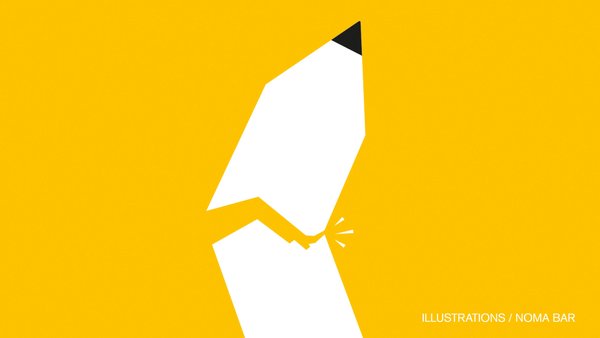Expert Perspective
Getting started on the case for creativity /
Building the argument for why brands must invest in creativity to drive outsized gains in business performance
Georgia Malden
/
For many companies, creativity is an afterthought – or worse. Marketers, already siloed within large organizations, are forced to focus on the measurable, or risk being put at the kid’s table. It’s easier to be taken seriously when explaining to your boss why your rational, predictable commercial should have worked (but didn’t) than when you’re defending the decision to air 30 seconds of a gorilla playing drums.
There’s one big issue with this: the gorilla playing drums works. Often much better than its rational counterpart. On the whole, creative marketing builds brands and sells products better than non-creative work. If you’re looking for proof, there’s plenty to get you started.
As effectiveness experts Les Binet and Peter Field told us:
‘Marketers often think it’s their job to help the customer make a rational decision. That’s a fundamental misunderstanding of what people want.’
The job of marketers is often not to explain, but entertain. Binet and Field have analysed decades of advertising and found that creative marketing is more likely than non-creative work to drive fame - which consequently drives outsized gains in sales, loyalty, penetration, market share, and profit.
They’re perhaps the loudest voice in the room when it comes to making the case for creativity in advertising. But they’re far from the only ones.
Take Paul Feldwick, who writes:
‘If there is a choice to be made between efficiency and thinking big, you cannot afford to be efficient if you want to be famous.’
Or James Hurmann, who finds that:
‘Highly creative but ineffective work is extremely rare, but very noticeable because it wins awards. What’s less noticeable, but without doubt of far greater cost to the business community, is the gargantuan amount of uncreative advertising that creates no return on its investment.’
Countless other creative professionals have extolled to us the connection between creativity and effectiveness in their own work, in our Contagious IQ Insight & Strategy interviews.
And perhaps Sir John Hegarty summed it up most pithily:
‘Our objective is effectiveness, our strategy is creativity.’
Rather than being a fanciful pursuit, or a passion project for those heady dreamers at Nike, marketing creativity is a hard-nosed business imperative. Marketing is an investment, not an expense, and creativity has consistently provided the best returns over the long haul.
We help brands be more creative /
Did you know that our dedicated Creative Transformation unit helps marketers boost their creative knowledge and skills so they can build stronger brands?

